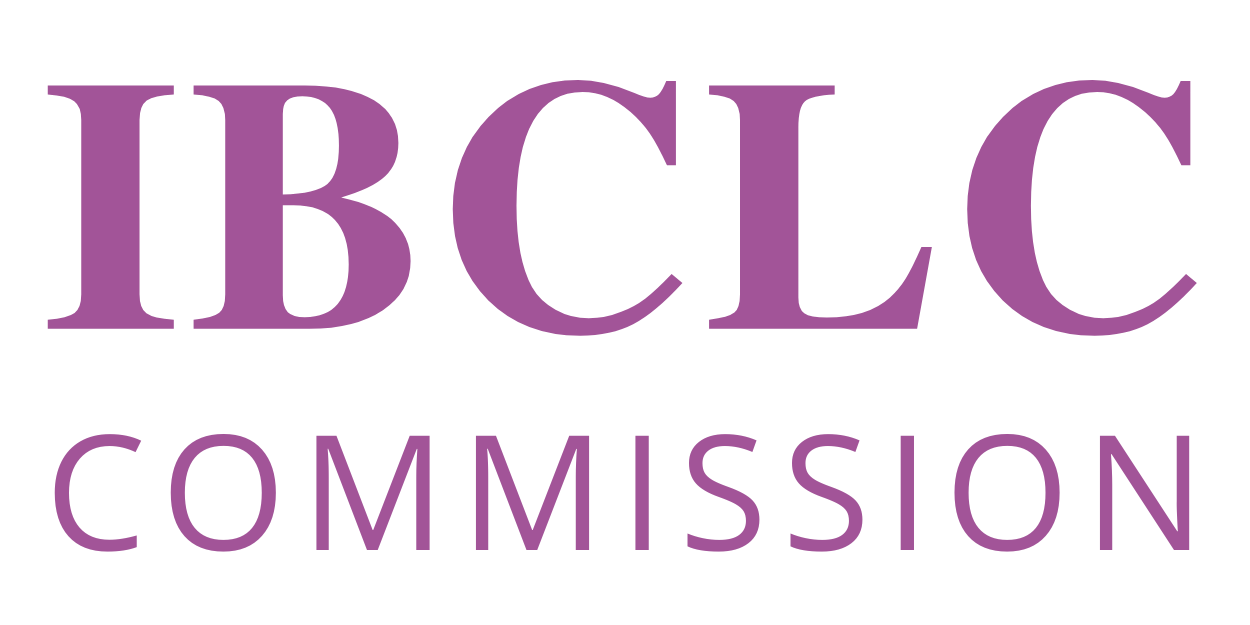- The International Board of Lactation Consultant Examiners® (IBLCE®) is an international credentialing body whose mission is to serve the global public interest by advancing professional practice in lactation consultation and support through credentialing.
- The IBCLC Commission with representation from the IBCLC community is charged with oversight of the International Board Certified Lactation Consultant® (IBCLC®) certification programme.
- IBLCE established the IBCLC certification in 1985.
- As of 2024, there are over 37,000 IBCLCs in 134 countries.
- In 2022, the IBCLC certification examination was administered in 17 languages in 435 test centre locations across 69 countries, as well as via Live Remote Proctoring (LRP).
- The IBCLC certification programme holds the prestigious National Commission for Certifying Agencies (NCCA) accreditation, which is a mark of quality and excellence for certification programmes.
- To earn NCCA accreditation, a certification programme must meet defined and objective standards pertaining to numerous aspects of its programme, including with respect to its examination.
- Following typical professional certification examination processes, the IBCLC examination is based on data from a practise analysis (sometimes referred to as a job analysis or role delineation study) which is a survey of professionals in the field.
- Relying on the data from the practise analysis, a content outline or test blueprint was created. The IBCLC Detailed Content Outline has two dimensions: clinical presentation and skills topics and chronological periods.
- Specific test questions are written by subject matter experts and are based on the IBCLC Detailed Content Outline.
- The assessment process evaluates mastery of targeted knowledge.
- The examination is administered in a secure, proctored environment.
- Certification is recognition that an individual has met eligibility requirements and has passed a rigorous exam that assesses knowledge in breastfeeding management.
- The assessment instruments are developed using accepted psychometric principles.
- Cut scores (pass/fail criteria) are established using standard psychometric procedures that involve peer-based judgement about the level of performance expected of an IBCLC.
- As a credentialing organisation, IBLCE is devoted to public health and safety and therefore there is a fundamental public interest in assuring that professional certification examination scores are valid and reliable, and that the integrity of the items is maintained. IBLCE strives to and has been recognised for over thirty years as maintaining the high standards of testing and operates under standard policies, procedures, and guidelines to see that score results and examination outcomes accurately and correctly represent the competency of the examination candidate. The Commission actively monitors for examination irregularities and potential sharing of examination content. Related to these activities, the Commission reserves the right to cancel the examination scores of candidates if observed transmission of examination items and/or statistical analysis identifies any examination irregularities. During the application process, candidates expressly acknowledge and agree to have read and are subject to the Code of Professional Conduct for International Board Certified Lactation Consultants and the Disciplinary Procedures. Applicants also agree to the following at the time of application:
- “Expressly understand and agree that, without limitation, the IBCLC Commission may deny, revoke, suspend or otherwise take action with regard to your eligibility for certification or recertification in the case of: irregularity in connection with any IBCLC examination…”
